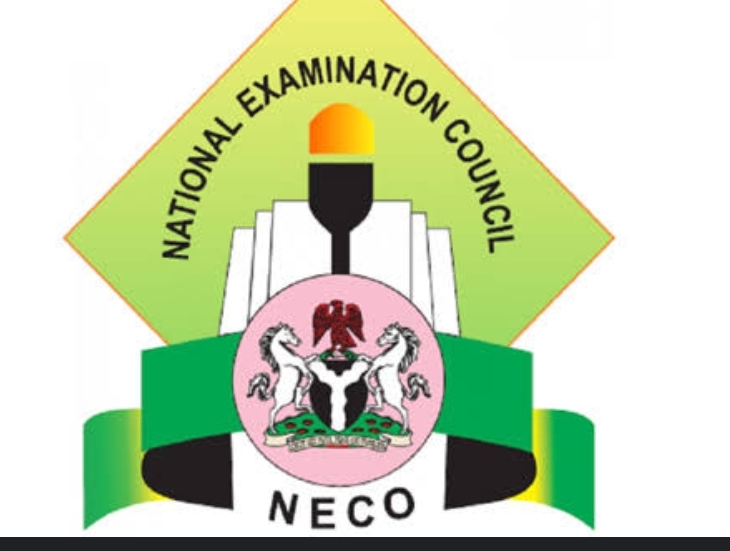
NECO 2024 LITERATURE PROSE & OBJ Questions and Answers
NECO 2024 Update
Remember
You can still subscribe for NECO.Important
The price will go up next week!Subscribe Now
Pay now and get:
Added to NECO VIP Group
Answers sent to you from midnight
Subscribe now, don’t delay!
NOTE: NECO June/July 2024 Free Literature Objective and PROSE Question and Answer Room: Pay just N1,500! Click on the link below to WhatsApp us and get the answers at 12 midnight. Prepare effectively and ensure your success in the exam with our comprehensive resources.

2024 NECO LITERATURE IN ENGLISH (OBJECTIVES) QUESTIONS AND ANSWERS:
LITERATURE IN ENGLISH OBJ
01-10: EAABEECDBD
11-20: BABEDCACBA
21-30: ACCDADBACA
31-40: DBCEAEDEBC
41-50: EBADADEADB
51-60: EDDDDEAEEE
COMPLETED!!!
NECO 2024 LITERATURE IN ENGLISH PROSE QUESTION AND ANSWERS:
NUMBER 5
Ralph Ellison’s novel “Invisible Man” delves deeply into the theme of identity crisis, exploring the protagonist’s struggle to find and define himself in a society that refuses to see him as an individual. The novel presents this theme through the narrator’s journey from the South to Harlem, highlighting his experiences of racial prejudice and societal invisibility.
The protagonist’s invisibility is both literal and metaphorical. He is unseen by a society that only perceives him through the lens of stereotypes and preconceived notions. This invisibility forces the narrator into a constant search for his identity, leading him to join various groups, each promising recognition and empowerment, only to find that they too impose their own identities upon him.
His time with the Brotherhood, a political organization, exemplifies this struggle. The group uses him as a tool for their agenda, stripping him of his personal identity and reducing him to a mere symbol. The protagonist’s realization that he is being manipulated marks a crucial point in his identity crisis, pushing him toward the understanding that true identity can only come from within, not from external validation or imposed roles.
Ellison uses the motif of blindness to further emphasize the theme. Characters who fail to see the protagonist for who he is symbolize the societal blindness to individual humanity and complexity. The narrator’s final act of retreating into the underground, away from society, signifies his rejection of the false identities imposed on him and his decision to forge his own path.
====================
NUMBER 7
Emily Brontë’s “Wuthering Heights” explores the theme of love in its many forms, particularly focusing on its destructive and transcendent qualities. The novel presents love as a powerful, often uncontrollable force that shapes the characters’ lives and destinies.
The central love story between Heathcliff and Catherine Earnshaw is passionate and all-consuming, yet it is also deeply destructive. Their love transcends conventional boundaries and societal norms, but it is marked by intense jealousy, revenge, and a longing that can never be fully satisfied. Catherine’s famous declaration, “I am Heathcliff,” underscores the depth of their connection, suggesting a unity of souls that defies individuality.
However, their love is also self-destructive. Catherine’s decision to marry Edgar Linton for social status, despite her love for Heathcliff, leads to a series of tragic events. Heathcliff’s subsequent actions, driven by his desire for revenge and his enduring love for Catherine, bring suffering to multiple generations. Their love, while profound, ultimately leads to ruin and despair.
In contrast, the novel also presents a more redemptive form of love through the relationship between Hareton Earnshaw and Cathy Linton. Their love, which develops gradually, stands in stark contrast to the tumultuous relationship of Heathcliff and Catherine. Hareton and Cathy’s love offers a sense of hope and renewal, suggesting that love can heal and restore, even in the face of past bitterness and conflict.
Through these contrasting portrayals, Brontë examines the dual nature of love—its capacity to elevate and destroy. The novel suggests that while love can be a source of profound connection and joy, it can also lead to suffering and chaos when intertwined with issues of power, vengeance, and social constraints.
°============
Solving/Typing…
=====================================
- NECO 2024 Physics (OBJ/ESSAY) Questions and Answers
- NECO 2024 Biology (OBJ/ESSAY) Questions and Answers
- NECO 2024 Geography (ESSAY) Human and Regional Questions and Answers
- 2024 NECO Literature Prose [OBJ & Essay] Questions and Answers

